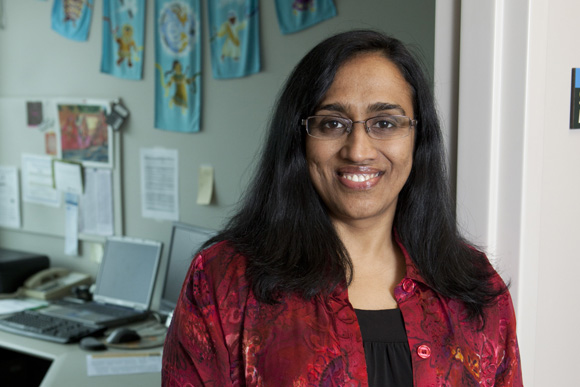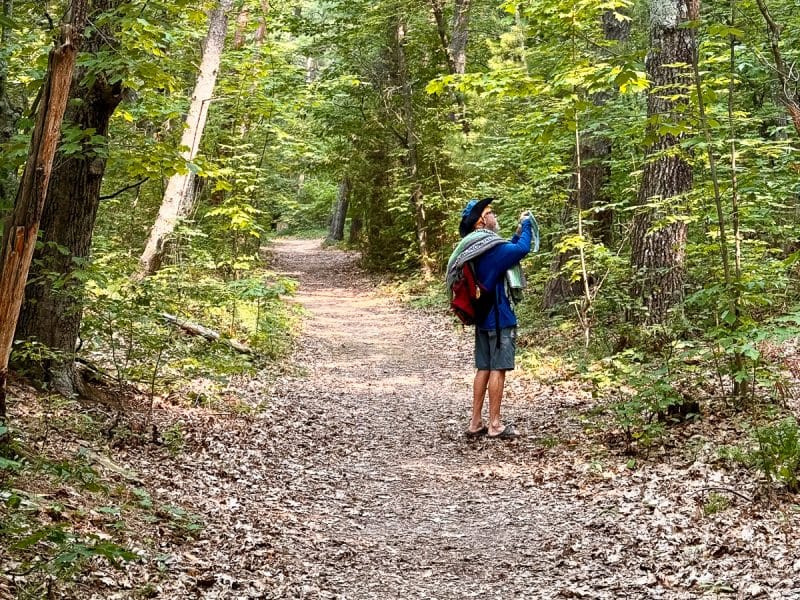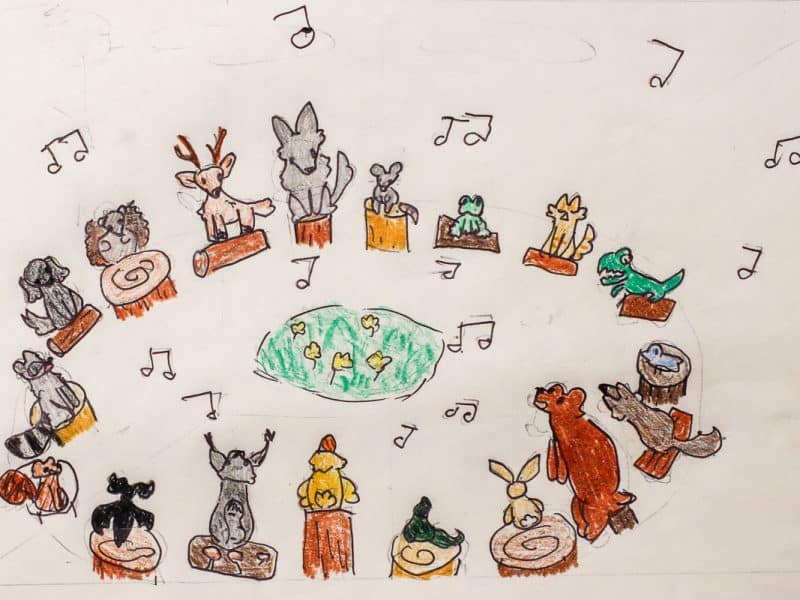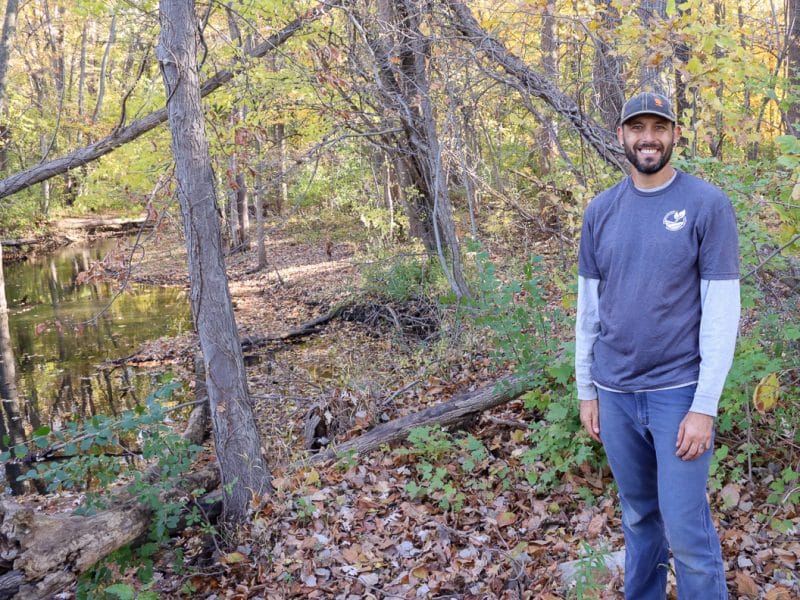RapidChat: Shaily Menon
Associate dean and professor at Grand Valley State University, Shaily Menon is proving to be quite the emerging leader in the world of higher education. Learn more about how she's moving and shaking with her new role as an ACE Fellow, and what she has done to be presented with such an honorable opportunity.

Associate dean and professor at Grand Valley State University, Shaily Menon is proving to be quite the emerging leader in the world of higher education. Learn more about how she's moving and shaking with her new role as an ACE Fellow, and what she has done has done to be presented with such an honorable opportunity.
Rapid Growth: What ideas have been most inspiring to you in the past, and have led you to where you are today?
Shaily Menon: The ideas that have been most inspiring to me speak to the power of individuals and communities to engender change and of the power of learning, mindfulness, and taking ownership of one’s thinking.
For example, as a young child, I was inspired by these lines from a poem by Rabindranath Tagore, inspiring us to awaken: Where the mind is without fear and the head is held high, Where knowledge is free, Where the world has not been broken up into fragments by narrow domestic walls, Where words come out from the depth of truth, Where tireless striving stretches its arms towards perfection, Where the clear stream of reason has not lost its way into the dreary desert sand of dead habit.
RG: Wow, that is quite powerful, which brings me to my next point. You were recently named named a 2015-16 American Council on Education (ACE) Fellow through Grand Valley State University. First of all, congratulations! Secondly, what does this mean, and how does it personally impact you?
SM: Thank you! The ACE Fellows program is a leadership program through the American Council on Education, a leadership and advocacy association for higher education. The goal of the ACE Fellows program is to prepare future leaders in higher education to deal with real-world challenges and to serve their institutions through leadership and capacity building.
I am grateful to have been nominated by Grand Valley State University to participate in the ACE Fellows program, with the support of President Tom Haas, Provost and Vice President for Academic and Student Affairs Gayle Davis, Dean Fred Antczak, and Associate Vice President of Academic Affairs Jon Jellema. It is an honor and a privilege to have been selected to the 2015-16 class. As an ACE Fellow, I will spend the 2015-16 academic year at a host institution and will participate in several retreats, campus visits, and other learning activities. I am currently going through the process of determining placement at a host institution based on the president, who will mentor me, and the type of institution where I can best learn innovative ideas related to the project that I will implement when I return to GVSU.
RG: What is the overarching plan for your year in the program?
SM: My plan during my year as an ACE Fellow is to become familiar with the larger landscape of higher education and learn about creative solutions that other institutions have successfully implemented. I am particularly interested in the realms of community engagement, entrepreneurship, social innovation, design thinking, sustainability, access, equity, and inclusion, and would like to support those initiatives at GVSU on my return.
RG: That is a great plan of action! Moving back to you, what is your background in?
SM: My work has been in teaching, research and higher education administration. For the past four years, I have been an associate dean in the College of Liberal Arts and Sciences at GVSU, and previously I was chair of the biology department for six years. My teaching and research have been in the areas of conservation biology and the use of biodiversity informatics to understand global change biology. I have taught courses on environmental ethics, conservation biology, modeling resource systems, and applications of geographic information systems, and have done research with undergraduate and graduate students and colleagues in academic and non-profit institutions in India, Brazil, and the U.S.
RG: Wow! That sounds really amazing. What has it been like being able to travel across the globe for your studies?
SM: It has been a wonderful learning experience. And humbling. I am struck by the resilience, ingenuity and spirit of people around the world and in awe of the immense beauty of nature. I was also fortunate to have been able to take my daughter along with me on many of my journeys.
RG: I can only imagine. Going back to your experience in global change biology, what are some common misunderstandings people have about climate change?
SM: Climate change falls under the category of ‘wicked problems’ which have multiple explanations, incomplete information, many interconnections with other problems, and no clear solutions. One of the biggest misunderstandings has to do with the complexity of climate change and the uncertainty associate with it. For example, it isn’t always understood that the effects of climate change won’t be the same everywhere. Some places will indeed get warmer but some will get cooler, some will have more rain, others will have less rain, and sea-level rise won’t be the average everywhere around the globe.
RG: Those are some heavy issues to be involved in constantly. When you are not working, what do you like to do to clear your mind?
SM: I like to do yoga and mindfulness meditation. I also enjoy reading, writing, traveling, and learning languages.
RG: Anything interesting that many people would not know about you offhand?
SM: As a doctoral student, many moons ago, I spent a year and a half in the tropical rainforest studying primate behavior and ecology, and fought off blood-sucking leeches. I had the local tailor sew me ‘leech socks’ and when those didn’t successfully keep the leeches off, I devised a khaki anklet filled with rock salt. When drenched in the monsoon rains the anklets soaked my boots in salt and worked much better in combination with the leech socks to keep the leeches at bay while I focused on my data collection.
If I had better-developed entrepreneurial skills at that point, I would have patented the design and distributed the salt anklets to other hapless researchers wandering around in leech-infested rainforests.
Jenna Morton is the RapidChat correspondent for Rapid Growth Media








